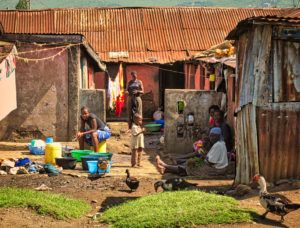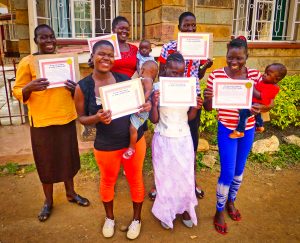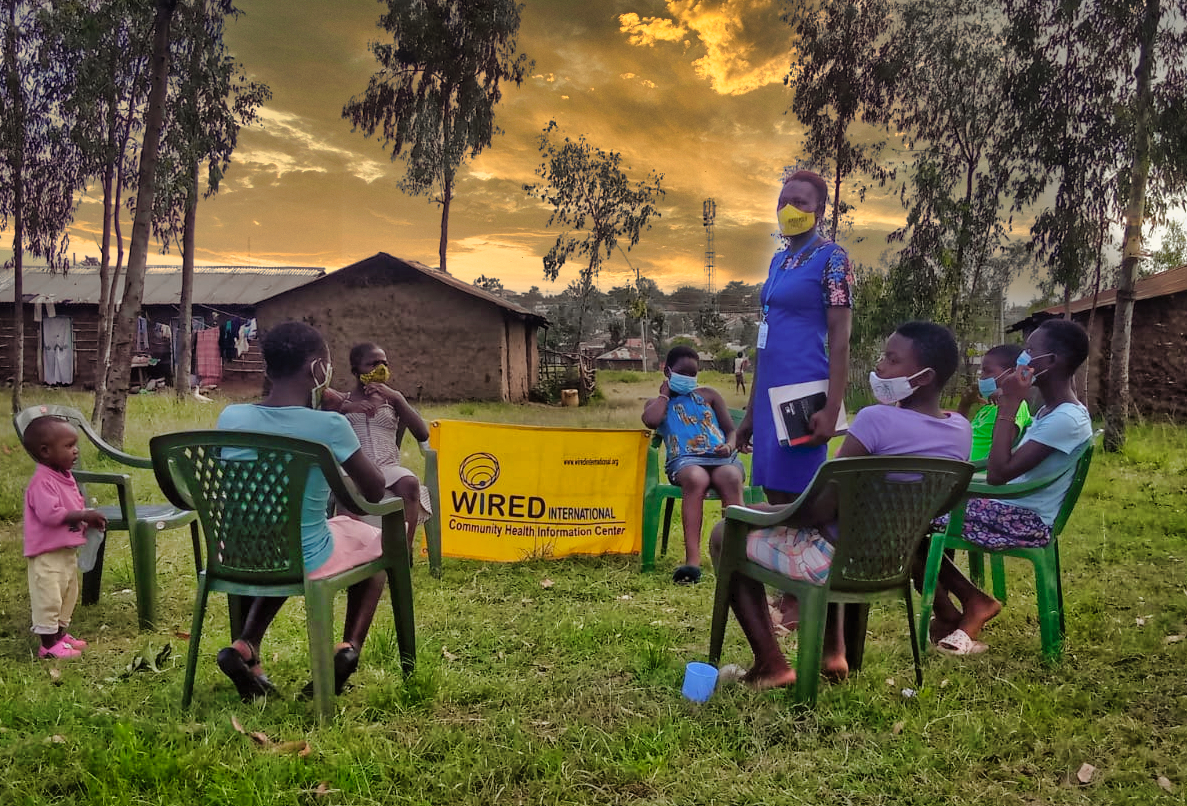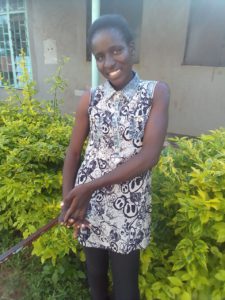Update from WiRED Community Health Workers in Kenya
Boosting Local Health Every Day
By Allison Kozicharow; Edited by Staff
During the month of October, 12 WiRED International community health workers (CHWs) in Kisumu, Kenya, reached an astounding total of 7,160 people with health services. COVID-19 was the primary concern followed closely by malaria, HIV/AIDS and then teenage pregnancy, nutrition, cold and flu, and menstrual hygiene.
 In September WiRED CHWs in Kisumu reached a total of 5,382 people, so October saw an increase of 1,778 people. Each of the 12 CHWs met with at least 53 patients a week, and the largest number seen in a week by a CHW was 332.
In September WiRED CHWs in Kisumu reached a total of 5,382 people, so October saw an increase of 1,778 people. Each of the 12 CHWs met with at least 53 patients a week, and the largest number seen in a week by a CHW was 332.
The number of people these CHWs have been able to assist reinforces WiRED’s belief that because CHWS are trained locally, they become trusted members of their society, where they and the population alike become responsible for their own health. WiRED’s mission has always been to bring vital health education and training to communities and local NGOs, but then let them take the wheel.
Last year WiRED began training CHWs in Kenya, India, Nicaragua and Peru, using a World Health Organization-compliant curriculum. The 140-hour course covers health basics, infectious and non-communicable diseases, patient assessment, clinical issues, health teaching and surveillance. Students who successfully complete a comprehensive final exam are awarded a certificate confirming course completion.
The number of people these CHWs have been able to assist reinforces WiRED’s belief that because CHWs are trained locally, they become trusted members of their society, where they and the population alike become responsible for their own health.
All community health workers are required to earn 50 continuing education units (CEUs) to maintain their certification. This CEU program enables CHWs to reinforce their knowledge and learn new skills. They stay current on scientific findings, the latest diagnostics and treatments for health conditions that may impact their communities.
 Upon receiving graduation certificates, awardees’ remarks included the following:
Upon receiving graduation certificates, awardees’ remarks included the following:
- “Now I can pass along the information to others, who will be asking for my advice.”“
- “Preventing HIV transmission from mother to child is most important to me.”
- “I am personally benefitting from WiRED’s training program and putting the lessons into action.”
Today these CHW graduates from WiRED’s program are reaching thousands of people in their communities each month about prevention, referring them to clinics for treatment and improving the health of the population.
“Cases of diarrhea have dropped because we teach hand washing hygiene. People are watching what they eat and exercising because of our advice. We are teaching them how to adhere to COVID-19 directives and know how the illness is spread, its signs and symptoms and to wash hands at all times, wear masks, maintain social distancing and avoid crowds. We are showing them how to protect themselves from infectious diseases. And they are grateful.”



